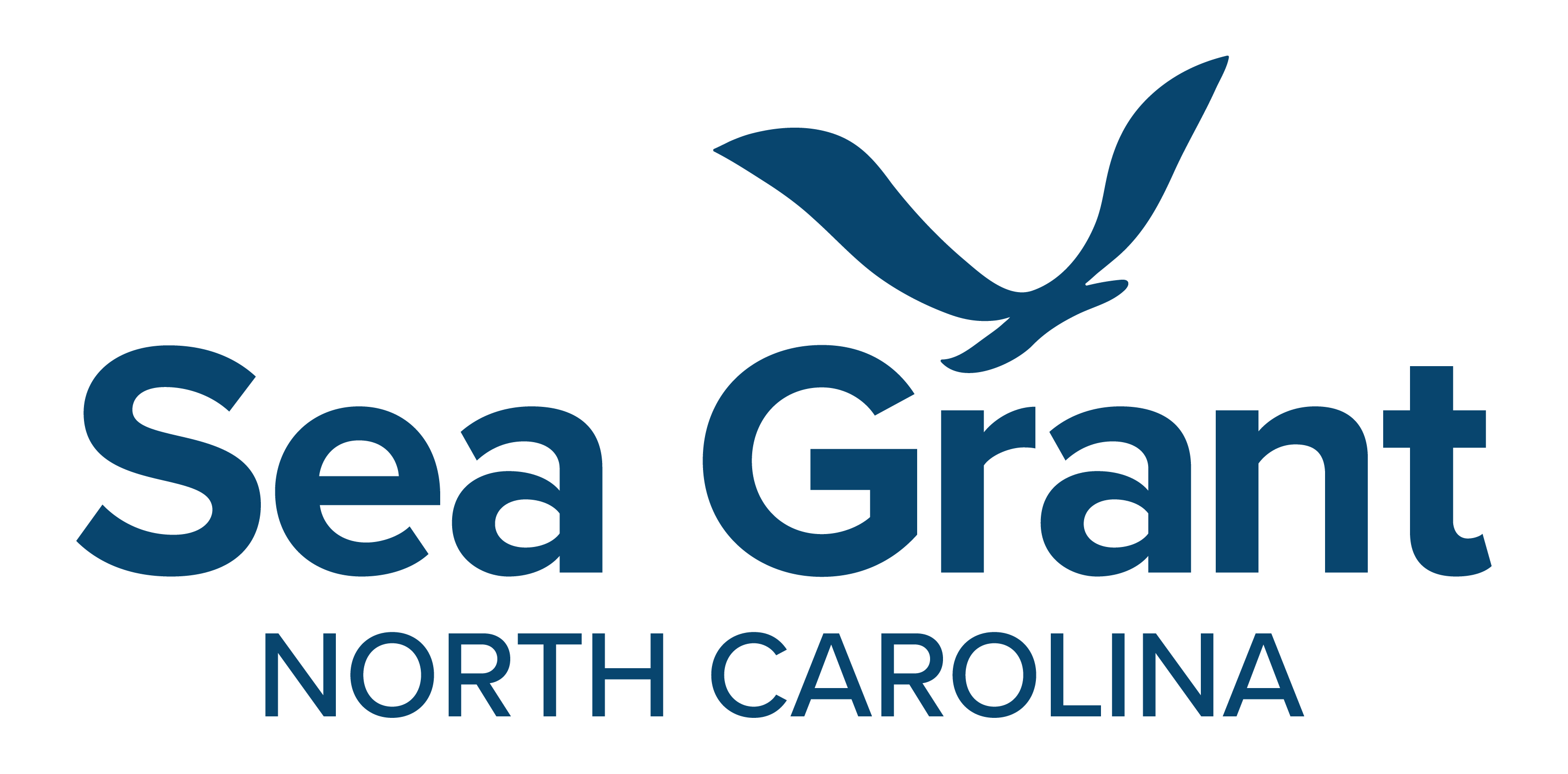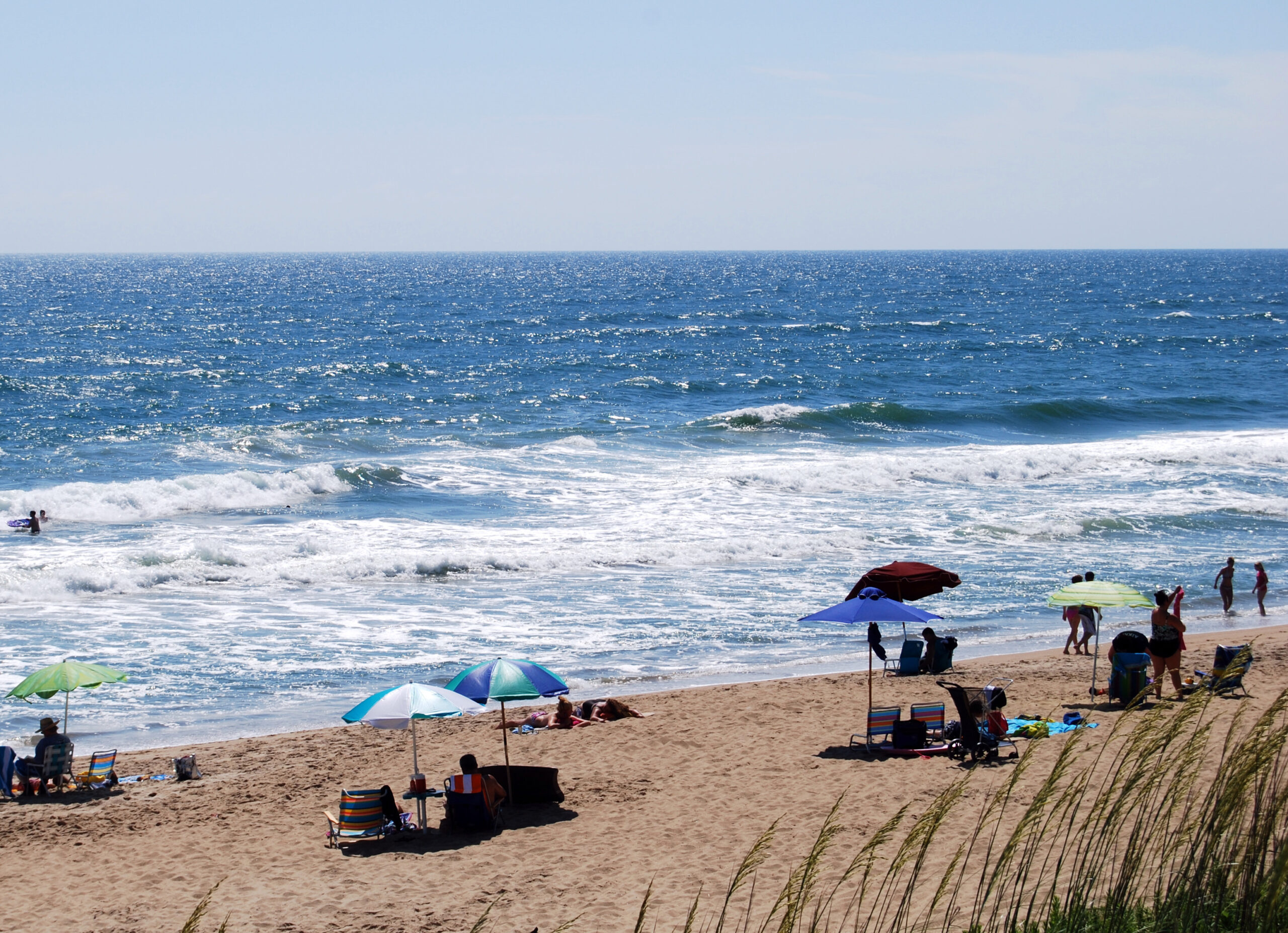
Promoting Public Health and Safety
North Carolina Sea Grant builds awareness and develops resources on behalf of coastal residents and visitors. For years, we’ve worked with our partners to help spread the word about hurricane and flood preparedness, rip currents safety, seafood safety, and shark safety.
Hurricanes and Storm-Related Flooding: Preparedness and Safety
When it comes to hazardous weather, precaution is paramount. Know how to prepare your property before a hurricane or flood, how to pack an emergency supply kit, and make an emergency plan.
In addition, it’s important to pay attention to changing weather conditions and emergency events. You can stay up-to-date before, during, and after major storms with our portal to local, state, and federal resources. We also offer information about what to do before and during a storm-related flood, as well as what to do after a flood.
The National Oceanic and Atmospheric Association (NOAA) has prepared the following hurricane preparedness guide and videos. Content is also available in Spanish, Chinese, and Vietnamese.
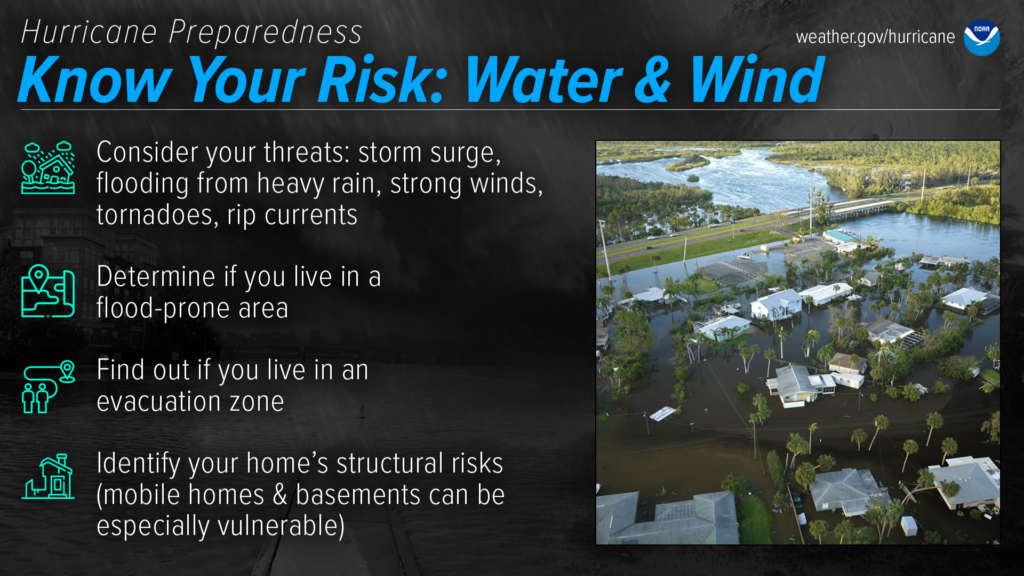
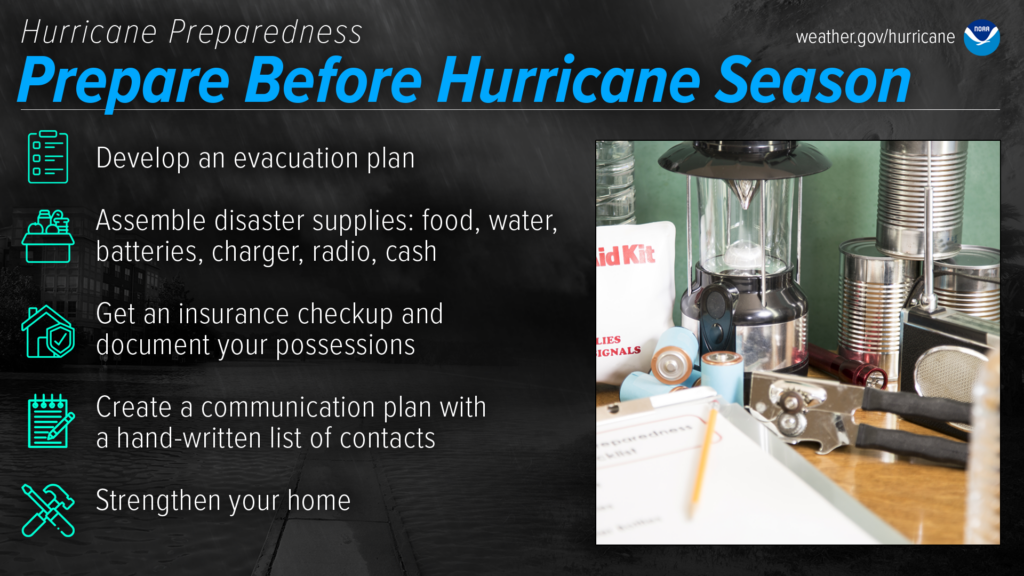
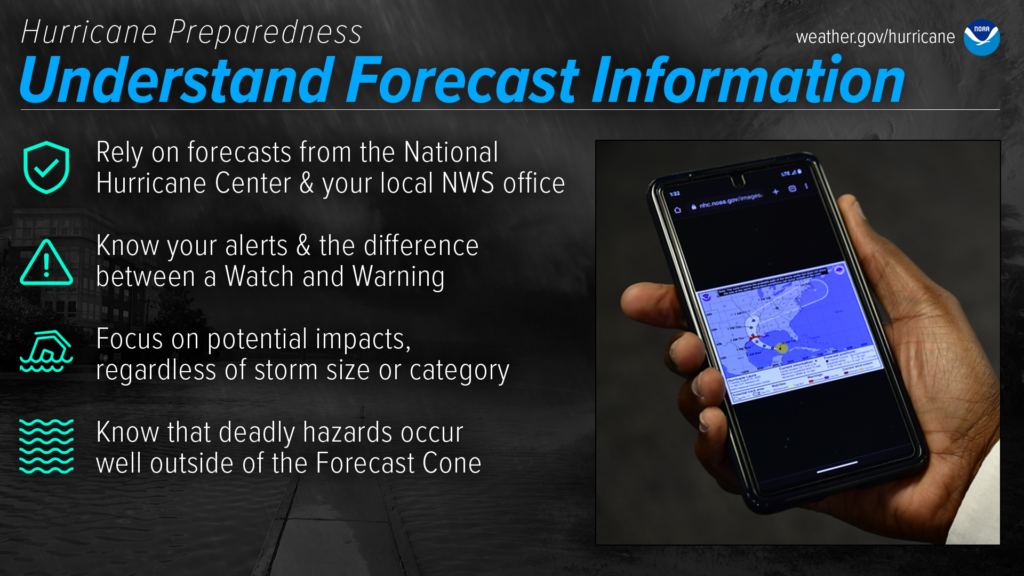
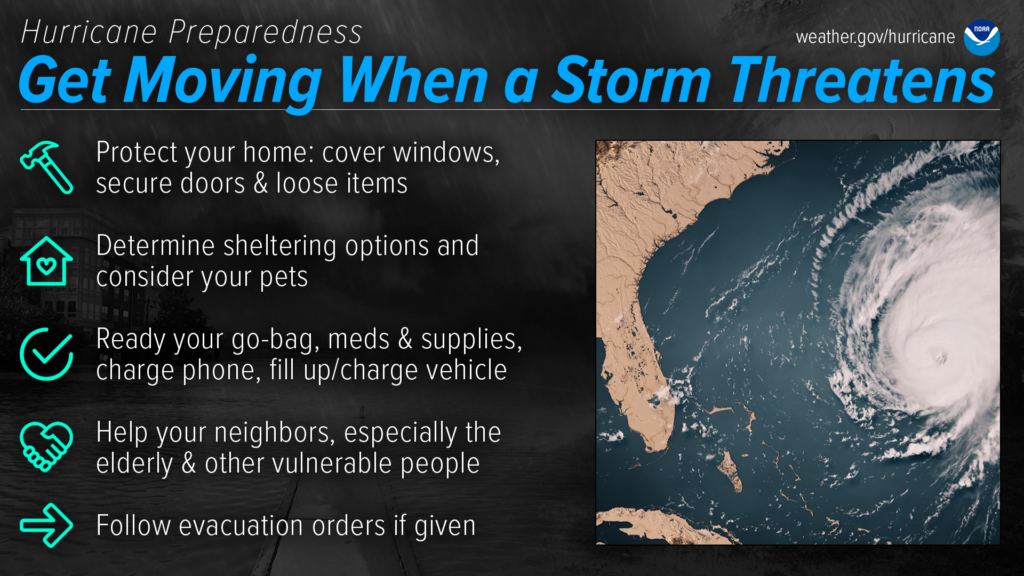
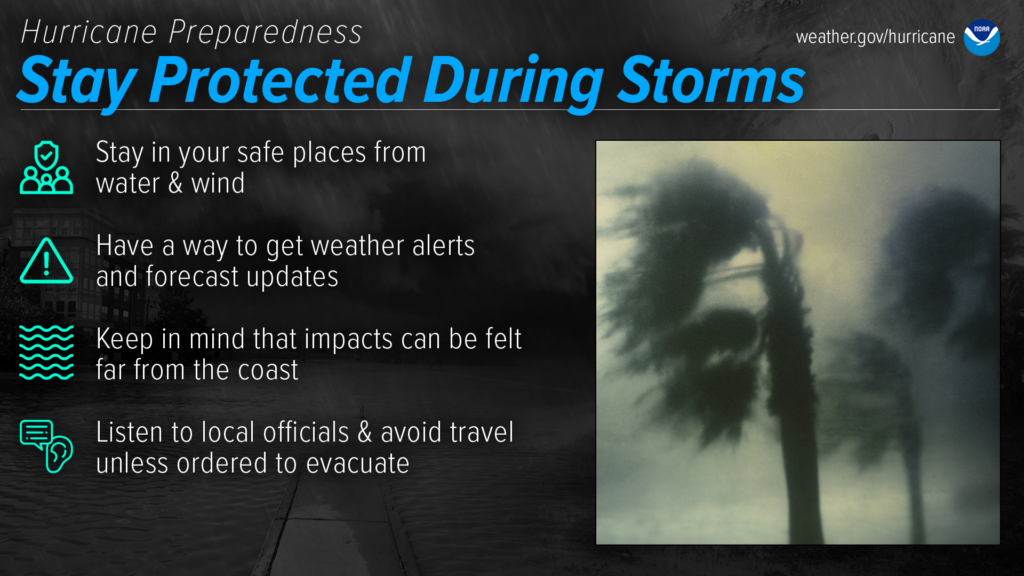

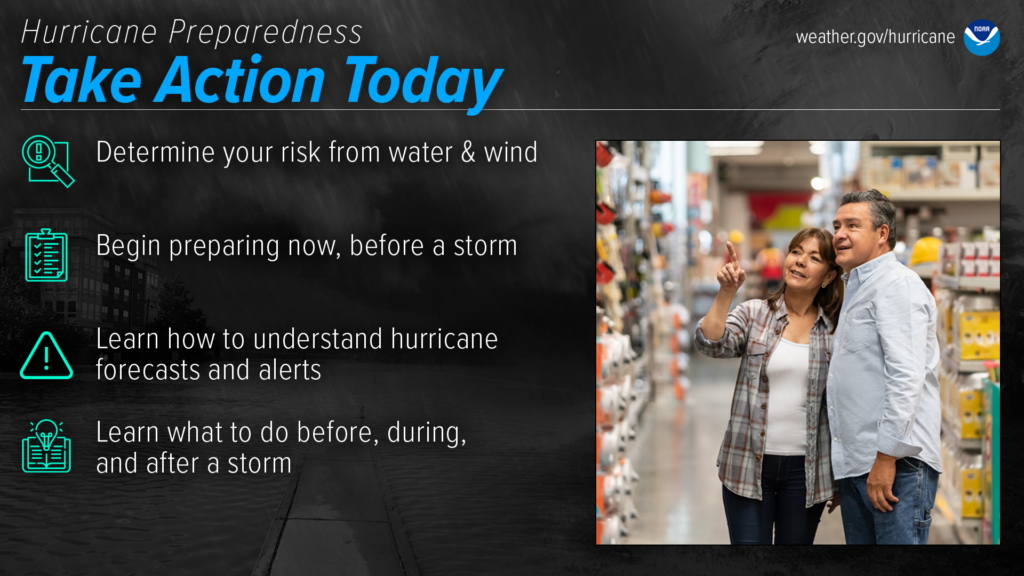
Rip Currents: Know Your Options
Rip currents are the leading surf hazard for all beachgoers. On many beaches, rip currents are present every day. While often relatively slow-moving and harmless to the majority of swimmers, certain conditions can cause rip currents to reach to dangerous speeds, putting even the most skilled swimmers in jeopardy.
North Carolina Sea Grant has a long tradition of working hand in hand with state and national experts to spread awareness about rip currents safety.
Seafood Safety
Knowing what to look for and what to avoid is essential when choosing seafood at the market. Buy the freshest seafood using our Quality Counts guide. Our experts also cover frequently asked questions about safely selecting and consuming shellfish.
North Carolina Sea Grant’s research shows which species might be prone to higher levels of mercury. For additional info on mercury levels, read more in Coastwatch.
Shark Safety
Although the relative risk of being bitten by a shark is very small, beachgoers can help prevent negative interactions with sharks by following these tips.
